In many ways we’ve lost the art of merry-making. Fragments have passed down to us as dim reflections within our holidays; however, the ancient meanings are now just a dull luster on the once richly covered fabric of our minds. We keep our holidays with both a serious and an indifference.
Among the most interesting of the many European customs which touch us with their simplicity is the harvest celebration. The harvest celebration puts on display a gratefulness near to Nature’s heart; an honest acknowledgement that we are dependent on her for our daily bread.
Harvest customs all over Europe show the same general features. The glad ingathering of the last sheaf, which is carried in a garlanded cart while the people run at the side. Singing, laughing, lovingly caressing the sheaf. Feasting and dancing to the sound of the horn, the pipe, and other instruments completes the festive celebration. There is not much equaled in all of history for its beauty and humaneness.
Autumn poetry is full of references which may seem unintelligible unless one is familiar with the harvest custom.
“You sunburned sicklemen, of August early,
Come hither from the furrow, and be merry.
Make holiday, your rye-straw hats put on,
And these fresh nymphs encounter every one
In country footing.”
–Shakespeare, Reaper’s Dance in Act IV
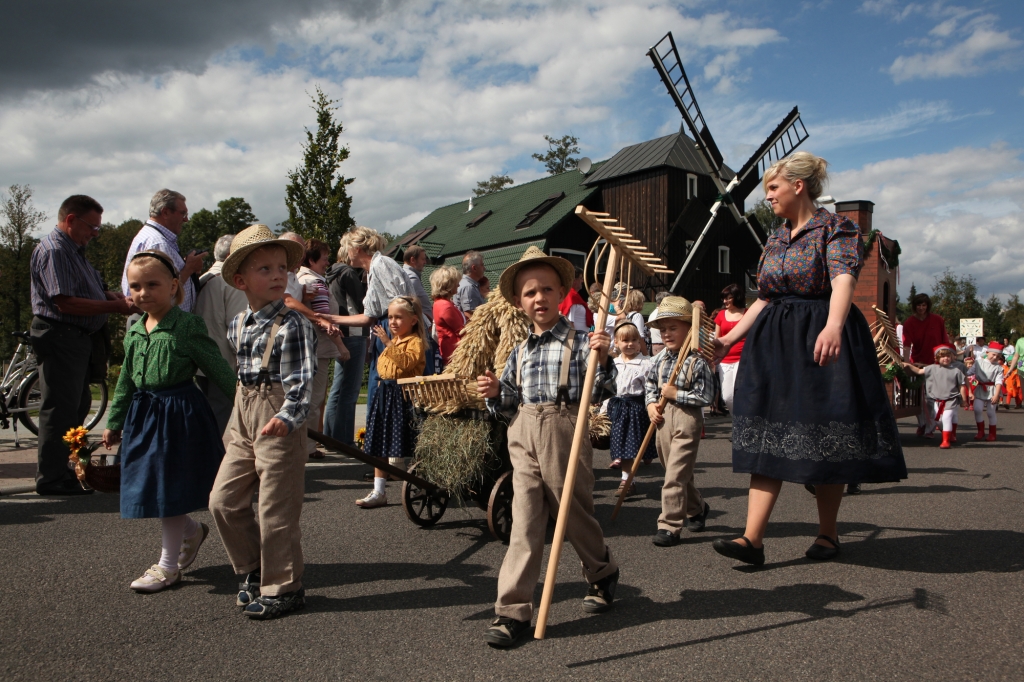
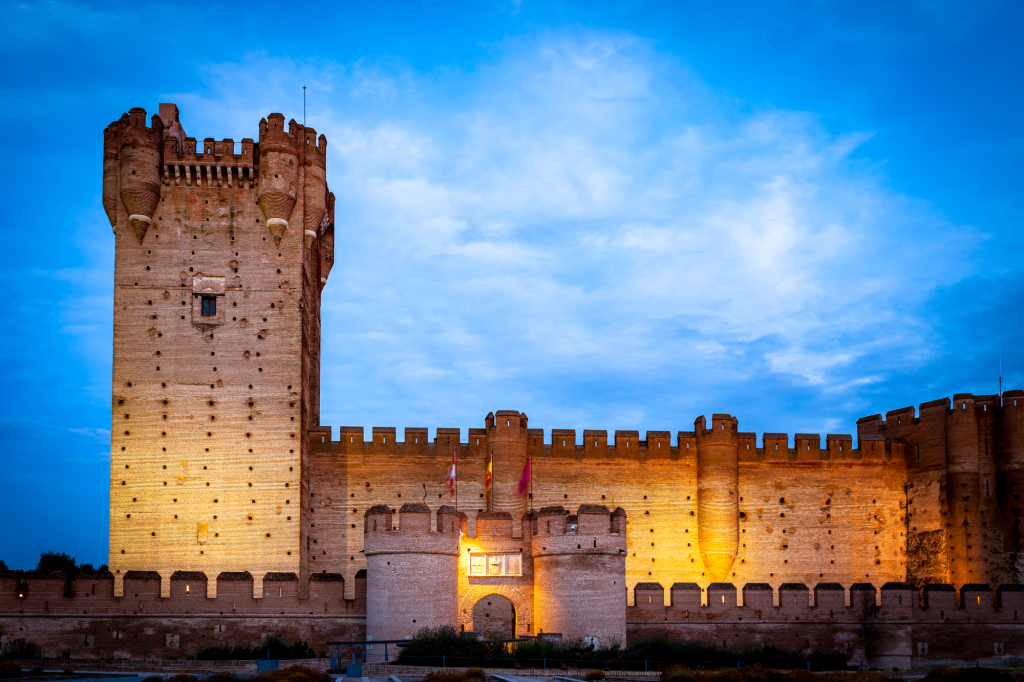
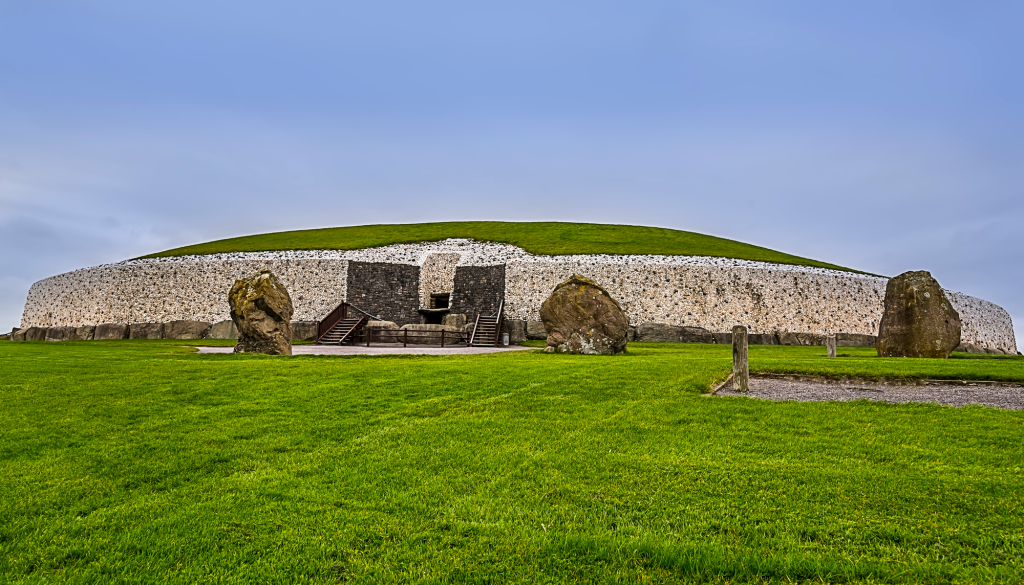
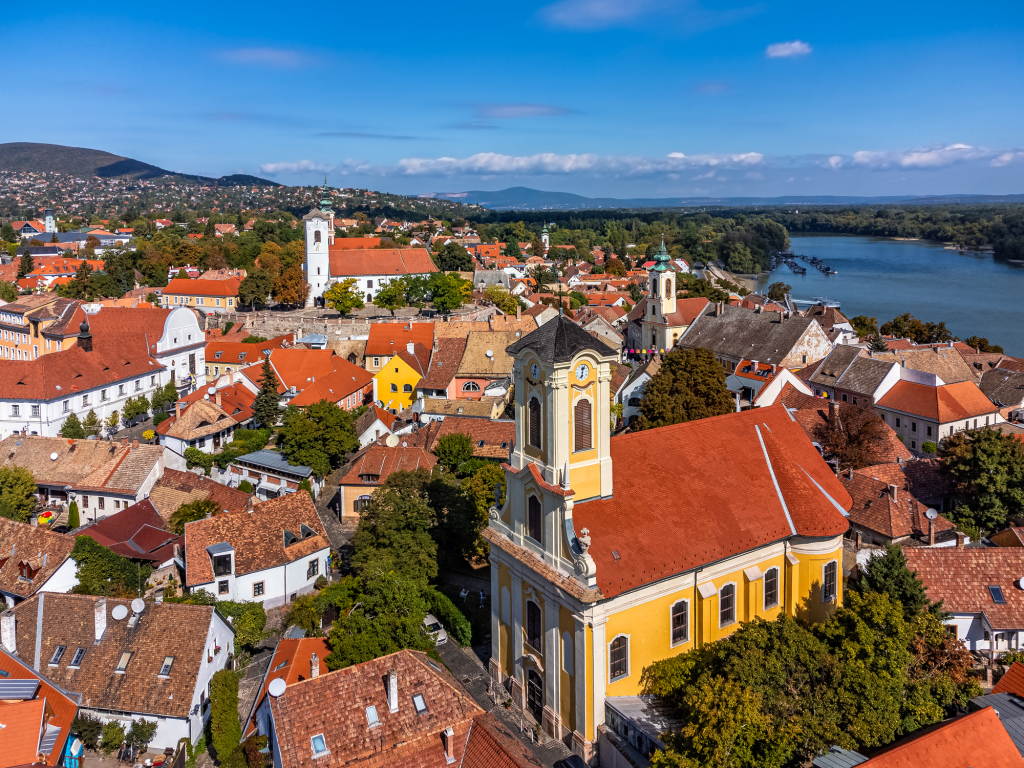
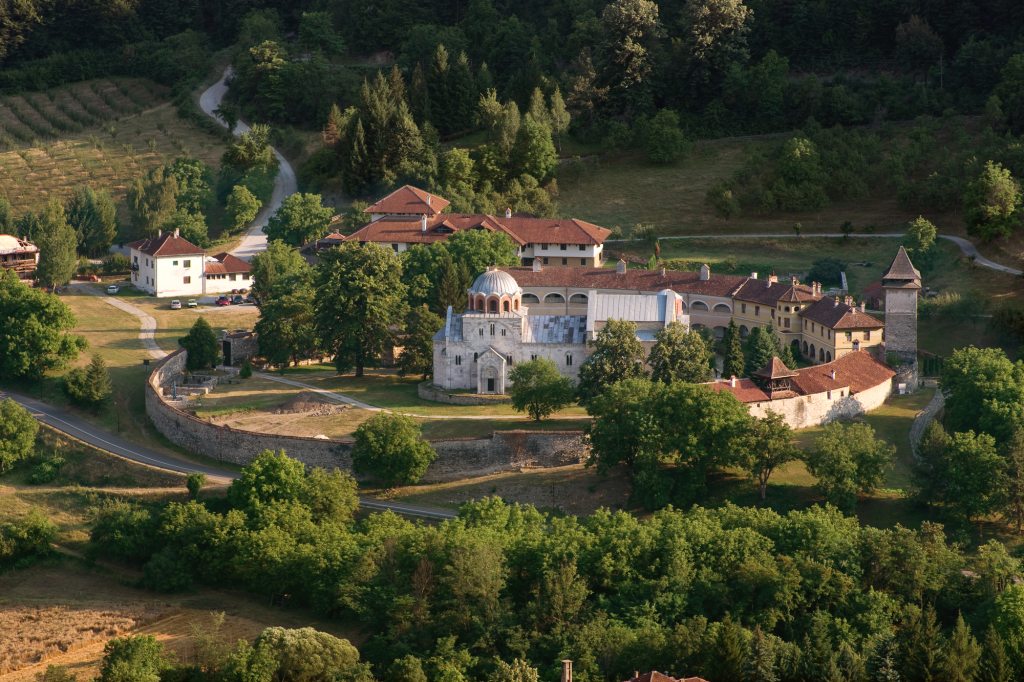
Leave a comment